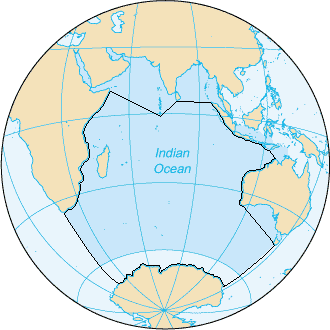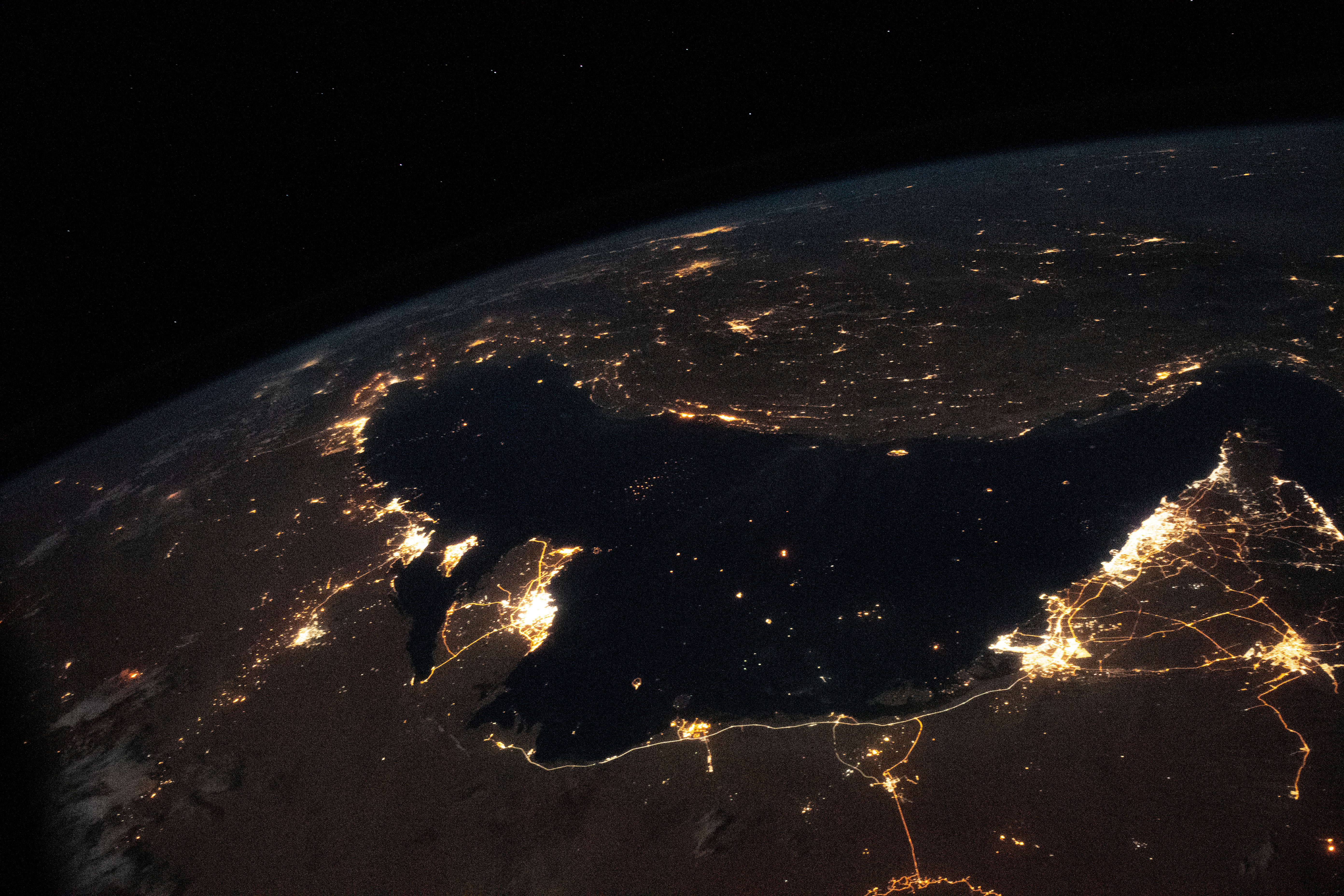|
Music Of Oman
The music of Oman has been strongly affected by the country's coastal location, with Omani sailors interacting with, and bringing back music from, Egypt, Tanzania and elsewhere. More recently, a Portuguese occupation has left its own marks, while geographic neighbors like the United Arab Emirates, Yemen, Saudi Arabia and Iran have also had a profound influence. In contrast to other Arab countries, Omani traditional music has a strong emphasis on rhythm. Traditional music marks all the stages in the life of an Omani, including birth, circumcision, marriage and death. In contrast to many Arab countries, all Omanis participate in music, men and women, young and old. Liwa and Fann at-Tanbura are types of music and dance performed mainly in communities of descendants of Bantu peoples from the African Great Lakes region. The Omani Centre for Traditional Music claims that Arabic music in Oman can be characterized by "tetrachords with typical Arabic intervals, including three-quarter ton ... [...More Info...] [...Related Items...] OR: [Wikipedia] [Google] [Baidu] |
Oman
Oman ( ; ar, عُمَان ' ), officially the Sultanate of Oman ( ar, سلْطنةُ عُمان ), is an Arabian country located in southwestern Asia. It is situated on the southeastern coast of the Arabian Peninsula, and spans the mouth of the Persian Gulf. Oman shares land borders with Saudi Arabia, the United Arab Emirates, and Yemen, while sharing Maritime boundary, maritime borders with Iran and Pakistan. The coast is formed by the Arabian Sea on the southeast, and the Gulf of Oman on the northeast. The Madha and Musandam Governorate, Musandam exclaves are surrounded by the United Arab Emirates on their land borders, with the Strait of Hormuz (which it shares with Iran) and the Gulf of Oman forming Musandam's coastal boundaries. Muscat is the nation's capital and largest city. From the 17th century, the Omani Sultanate was Omani Empire, an empire, vying with the Portuguese Empire, Portuguese and British Empire, British empires for influence in the Persian Gulf and Indian ... [...More Info...] [...Related Items...] OR: [Wikipedia] [Google] [Baidu] |
Bantu Peoples
The Bantu peoples, or Bantu, are an ethnolinguistic grouping of approximately 400 distinct ethnic groups who speak Bantu languages. They are native to 24 countries spread over a vast area from Central Africa to Southeast Africa and into Southern Africa. There are several hundred Bantu languages. Depending on the definition of "language" or "dialect", it is estimated that there are between 440 and 680 distinct languages. The total number of speakers is in the hundreds of millions, ranging at roughly 350 million in the mid-2010s (roughly 30% of the population of Africa, or roughly 5% of the total world population). About 60 million speakers (2015), divided into some 200 ethnic or tribal groups, are found in the Democratic Republic of the Congo alone. The larger of the individual Bantu groups have populations of several million, e.g. the people of Rwanda and Burundi (25 million), the Bagandapeople of Uganda (10 million as of 2019), the Shona of Zimbabwe (15 million ), the Zulu of ... [...More Info...] [...Related Items...] OR: [Wikipedia] [Google] [Baidu] |
Indian Ocean
The Indian Ocean is the third-largest of the world's five oceanic divisions, covering or ~19.8% of the water on Earth's surface. It is bounded by Asia to the north, Africa to the west and Australia to the east. To the south it is bounded by the Southern Ocean or Antarctica, depending on the definition in use. Along its core, the Indian Ocean has some large marginal or regional seas such as the Arabian Sea, Laccadive Sea, Bay of Bengal, and Andaman Sea. Etymology The Indian Ocean has been known by its present name since at least 1515 when the Latin form ''Oceanus Orientalis Indicus'' ("Indian Eastern Ocean") is attested, named after Indian subcontinent, India, which projects into it. It was earlier known as the ''Eastern Ocean'', a term that was still in use during the mid-18th century (see map), as opposed to the ''Western Ocean'' (Atlantic Ocean, Atlantic) before the Pacific Ocean, Pacific was surmised. Conversely, Ming treasure voyages, Chinese explorers in the Indian Oce ... [...More Info...] [...Related Items...] OR: [Wikipedia] [Google] [Baidu] |
Persian Gulf
The Persian Gulf ( fa, خلیج فارس, translit=xalij-e fârs, lit=Gulf of Persis, Fars, ), sometimes called the ( ar, اَلْخَلِيْجُ ٱلْعَرَبِيُّ, Al-Khalīj al-ˁArabī), is a Mediterranean sea (oceanography), mediterranean sea in Western Asia. The body of water is an extension of the Indian Ocean located between Iran and the Arabian Peninsula.United Nations Group of Experts on Geographical NameWorking Paper No. 61, 23rd Session, Vienna, 28 March – 4 April 2006. accessed October 9, 2010 It is connected to the Gulf of Oman in the east by the Strait of Hormuz. The Shatt al-Arab river delta forms the northwest shoreline. The Persian Gulf has many fishing grounds, extensive reefs (mostly rocky, but also Coral reef, coral), and abundant pearl oysters, however its ecology has been damaged by industrialization and oil spills. The Persian Gulf is in the Persian Gulf Basin, which is of Cenozoic origin and related to the subduction of the Arabian Plate u ... [...More Info...] [...Related Items...] OR: [Wikipedia] [Google] [Baidu] |
Sawt (music)
Sawt ( ar, صوت / ALA-LC: ''Ṣawt''; literally "voice"; also spelled sout or sowt) is a kind of popular music found in Kuwait and Bahrain. History It is said that sawt was established in Kuwait by the poet, composer, singer and oud player Abdallah al-Faraj (1836-1901/1903). The Bahraini historian Mubārak al-‘Ammārī believes that sawt was known in Kuwait before 1766, and in Bahrain since 1783. Saleh and Daoud Al-Kuwaity were widely considered among one of its earliest pioneers. Description ''Sawt'' is a complex form of urban music, originally performed by 'ud (plucked lute) and mirwas (a drum), with a violin later supplementing the arrangement. Two men perform the dance, which is called “Zaffan”. ''Al-Sout'' is performed only at night gatherings of men. It is called “Samra” (nightly chat). References Further reading * * * * See also * Saleh and Daoud Al-Kuwaity * Music of Kuwait * Culture of Kuwait * Culture of Bahrain * Fijiri ''Fidjeri'' (Arabic: الفج� ... [...More Info...] [...Related Items...] OR: [Wikipedia] [Google] [Baidu] |
Sur, Oman
Sur ( ar, صُوْر, Ṣūr) is the capital city of Ash Sharqiyah South Governorate, and the former capital of Ash Sharqiyah Region in northeastern Oman, on the coast of the Gulf of Oman. It is located about southeast of the Omani capital Muscat. Historically, the city is known for being an important destination point for sailors. Today, the sea still plays an important part of life in Sur. Geography Nearby villages include Dughmur and Qalhat. History By the 6th century, Sur was an established centre for trade with East Africa. Ibn Battuta commented on his visit to this "roadstead of a large village on the seashore." In the 16th century, it was under Portuguese rule but was liberated by the Omani Imam Nasir ibn Murshid and underwent an economic revival, as a trade centre with India and East Africa. This continued until the mid-19th century, when the British outlawed the slave trade. The city was further ruined by the opening of the Suez Canal, which saw it lose trade w ... [...More Info...] [...Related Items...] OR: [Wikipedia] [Google] [Baidu] |
Salim Rashid Suri
Salim Rashid Suri ( ar, سالم راشد الصوري; between 1910 and 1912, Sur, Oman – 1979, Sur, Oman) was a 20th-century ṣawt singer and oud player from Oman. He is particularly associated with the ṣawt genre called Ṣawt al-Khaleej ("Voice of the Gulf"). Career and personal life As a teenager, Suri worked on sailing ships plying the Persian Gulf and Indian Ocean. He first started as a maidan singer; he learned ṣawt by listening to phonograph records of performances by Abdullatif al-Kuwaiti. Continuing to travel widely, he became known as "The Singing Sailor". Suri's family was conservative and did not approve of his musical inclinations; his brother even threatened to shoot him if he did not give up singing. He consequently moved to Mumbai where he worked first as a boilerman, then as a mercantile broker and translator in the trade between Arab and Indian merchants. During this time Suri continued to practice and perfect his musical art, integrating Indian influ ... [...More Info...] [...Related Items...] OR: [Wikipedia] [Google] [Baidu] |



